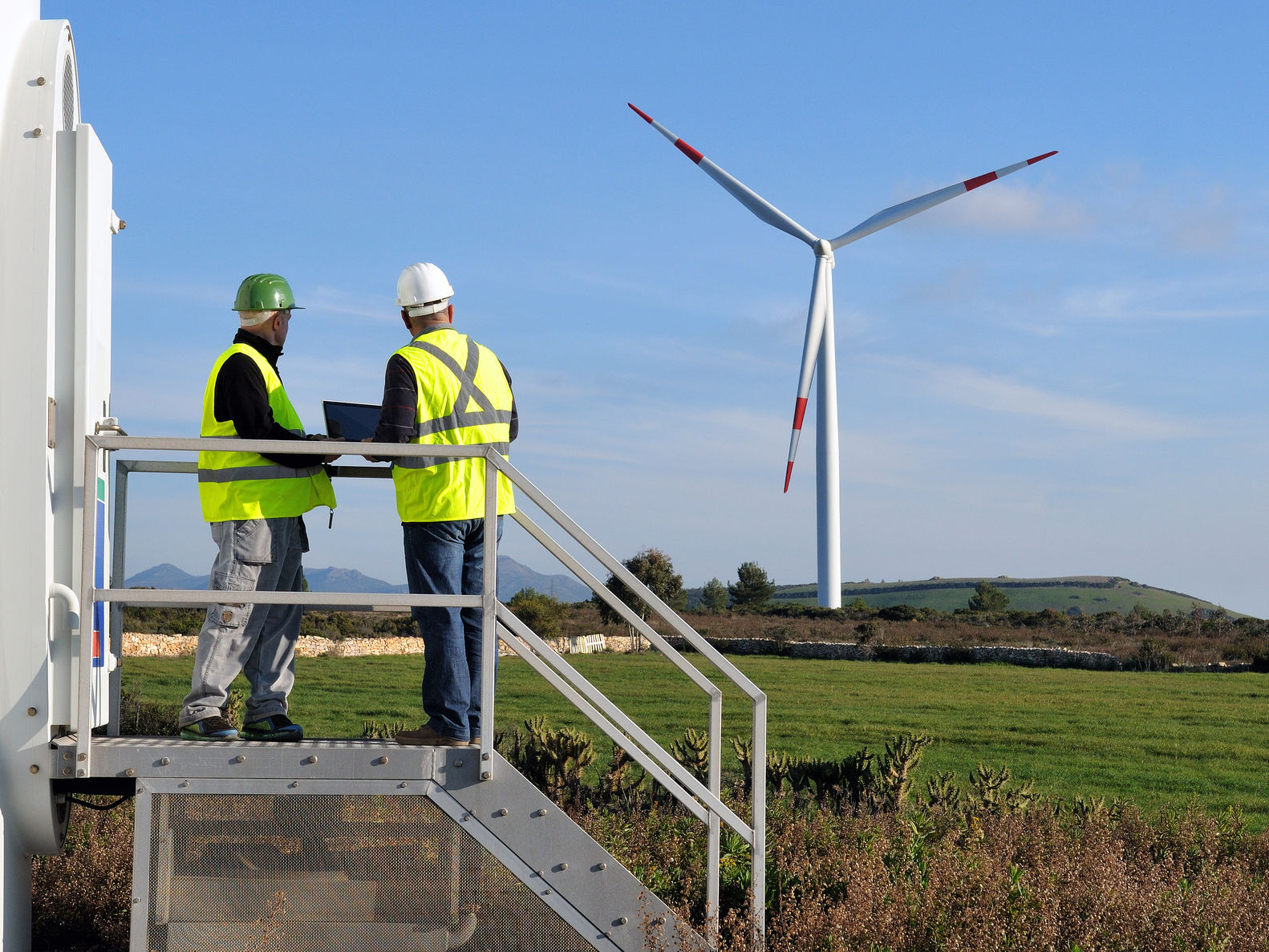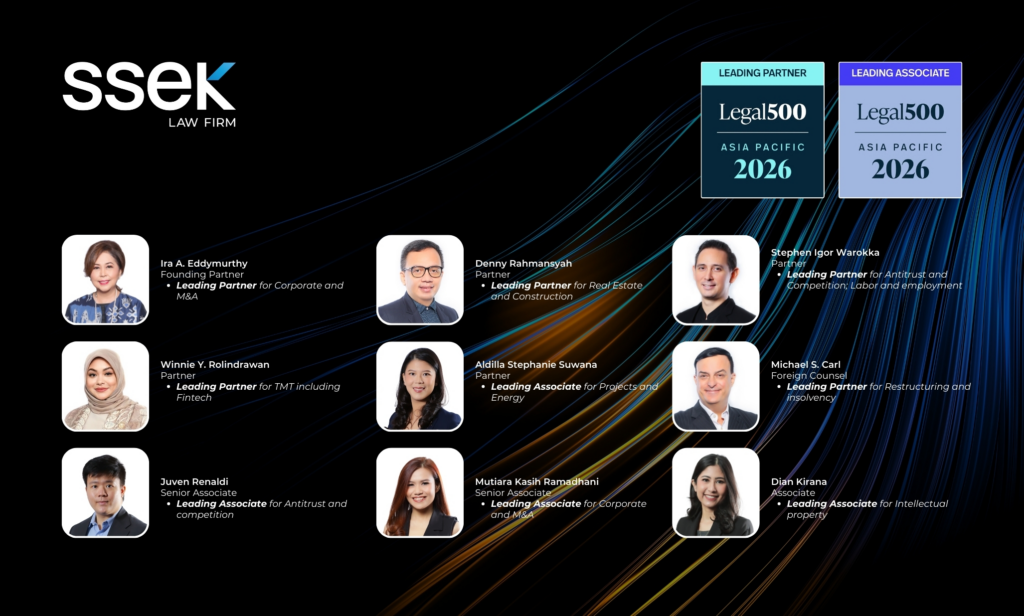27 January, 2018
As the alternative energy sector continues to grow, so will the organizations that support it—both in terms of size and complexity. This poses a challenging set of issues for companies to handle as they design organizations ready to meet their business objectives.
Rapid growth triggers talent challenges for alternative energy companies
From our perspective, the days are dwindling when alternative energy companies were confined to startups. As the sector makes way for large and scalable enterprises, companies are starting to grapple with organizational questions tied to their rapid growth. According to the International Renewable Energy Agency, jobs in renewable energy reached 7.7 million globally at the end of 2014—up 18 percent over those estimated the prior year.
Given these circumstances, for the first year ever, Deloitte included the alternative energy sector in its annual report on global human capital trends. The report, Global Human Capital Trends 2016—The new organization: Different by design (the Trends Report), is one of the largest longitudinal studies of talent, leadership, and HR challenges and readiness around the world. Surveying and interviewing more than 7,000 businesses and HR leaders from 130 countries and 8 industries—including 551 from the energy and resources industry, 30 of which are from the alternative energy sector—business and HR respondents assessed the importance of specific talent challenges facing their organization.
Top human capital trends in alternative energy
On the whole, the top trends in alternative energy reflect the global trends across industries, especially in terms of clearly ranking organizational design as the most important trend. What stands out for alternative energy is the focus on both design thinking and people analytics. Respondents from the alternative energy sector rated these two trends markedly higher than respondents from the energy and resources industry as a whole, and globally across all industries.
These responses lead us to believe the following questions are keeping alternative energy executives up at night:
“Do we have the right structure in place to scale and accommodate our vision?” A business strategy needs the right organizational design to enable it. Effective design requires a clear articulation of your vision and an understanding of the potential impact of proposed organizational changes on your people, their ways of working, and your customers.
“Are we doing everything we can to simplify life for our employees and let them focus on their jobs?” Exciting digital trends can help simplify and improve the employee experience for learning, performance management, or even benefits, helping your employees do what they should be doing: their jobs.
“Are we being smart about using data to attract, hire, and develop the best talent we can?” As good talent becomes more and more scarce and the competition for it becomes higher, businesses have recognized and they need data to figure out what makes people join, stay, excel within, and lead an organization.
Download the report Human capital trends in alternative energy here.
See also link to the original source here.
A Chinese law firm and a member of the Deloitte Legal global network, we are well positioned to provide integrated solutions to address your business and legal issues within and outside China. "Deloitte Legal" means the global network of legal practices which are affiliated with Deloitte Touche Tohmatsu Limited member firms. Shanghai Qin Li Law Firm, a licensed Chinese law firm, is the China member of that global network.
For further information, please contact:
Weiheng Jia, Partner, Qin Li Law Firm, a Chinese law firm and a member of the Deloitte Legal global network.
weihengjia@deloittelegal.com.cn
Mark Schroeder, Qin Li Law Firm, a Chinese law firm and a member of the Deloitte Legal global network.
marschroeder@deloittelegal.com.cn






